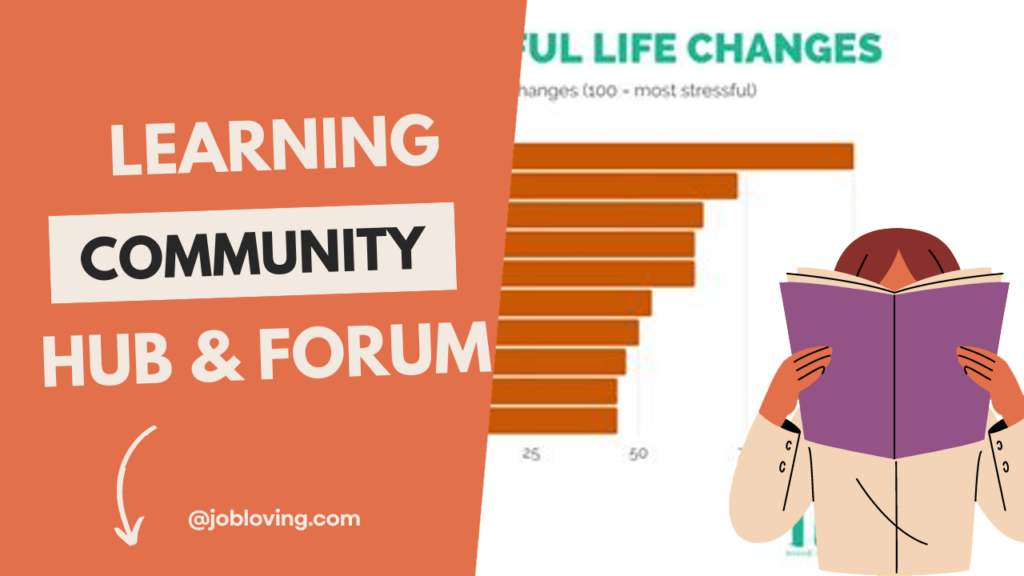Have you ever wondered when parenting starts to feel like a wild roller coaster ride? It’s that tricky phase when your sweet little toddler morphs into a rebellious teen. Spoiler alert: it’s all in those lovely awkward years, specifically ages 12 to 14!
The Short Answer: Ages 12 to 14
Based on a survey involving over 2,000 mothers, parents of 12- to 14-year-old teens reported significantly more stress compared to parents with younger or older kids.
So, why is this age range such a minefield of parental stress? Well, between the onset of puberty, the quest for independence, and the ever-dramatic social circles, tweens and early teens have a lot going on. This perfect storm creates a challenging environment for parents who frequently find themselves navigating tantrums that seem ripped straight from a soap opera. While you might think it would be easy to manage a high schooler or an adult child, it turns out that the emotional upheaval, clashing values, and the quest for identity can make parents feel like they’re juggling flaming swords. Talk about a circus act!
Of course, every child and family are different, and some parents may find different ages to be more challenging based on individual circumstances. However, the consensus is clear: buckle up during those transitional middle school years for a bumpy ride filled with eye rolls and unsolicited advice.
If you have any burning questions about these delightful years and want more juicy insights like these, make sure to join the JobLoving community for a treasure trove of resources! You’re not alone in this adventure; we’re all in it together!
Key takeaways about What age are kids most stressful?
Stressful Stages in Early Childhood
- The toddler years, especially ages 2-3, are often considered the most stressful for parents.
- The transition from toddler to preschool age can be particularly overwhelming for many parents.
- Parents report that 4 years old can be tough due to increased stubbornness and impulsivity.
- Many parents express that the baby stage is less mentally taxing compared to toddler years.
- Each age group presents distinct challenges, but many parents find toddlers particularly demanding.
- Parents find that once children can communicate effectively, the stress of parenting decreases.
- Majority of surveyed parents found ages 2, 3, and 4 easier than handling age 8.
Challenges during Middle Childhood
- Parents identify age 8 as the most stressful year for both kids and parents alike.
- The term “hateful eights” reflects parents’ frustrations with their child’s behavior at this age.
- Eight-year-olds exhibit increased stubbornness and independence, complicating parental interactions and expectations significantly.
- Tantrums intensify around age 8, contrasting with relatively better behavior at ages 6 and 7.
- Parents report that age 8 brings a mix of autonomy and emotional volatility in children.
- Establishing individuality at age 8 can lead to increased conflicts and misunderstandings with parents.
- Acknowledging the tough moments with 8-year-olds can foster understanding and patience in parents.
Emotional Changes in Early Adolescence
- Many parents find ages 11-13 challenging due to emotional and social changes in children.
- Stress levels often peak during the early teenage years as children seek independence and identity.
- Many believe that ages 13-15 present unique challenges related to peer pressure and social dynamics.
- Mental health issues in teens, such as depression and anxiety, significantly increase parental stress.
- The dynamics of parenting change dramatically as children approach adolescence, introducing new stressors.
- The emotional toll of parenting becomes more apparent during middle school years, especially post-COVID.
- Parents often feel nostalgic for the simplicity of early childhood when facing teenage issues.
Unique Developmental Milestones
- The 4-year-old stage combines toddler behavior with early reasoning, leading to increased conflict.
- Parents emphasize that every child’s development is unique, making stress levels vary widely.
- The stress of parenting can fluctuate based on the child’s developmental milestones and personality.
- Encouraging independence in older children can alleviate some of the parenting stress experienced.
- Each child’s challenging age can differ, revealing a diversity of experiences among parents surveyed.
- Parenting feels like a game of wack-a-mole, with challenges arising unpredictably at different ages.
General Parental Perspectives
- Parents express surprise at how quickly their children grow up and seek independence at age 8.
- Emotional outbursts at age 8 are common, but children still desire affection and connection afterward.
- Many parents emphasize compassion when dealing with the challenges of parenting an 8-year-old.
- The transition to age 8 often coincides with early signs of puberty and hormonal changes.
- The phrase “little kids, little problems; big kids, big problems” resonates with many parents’ experiences.
- Parents on social media highlighted toddler and teen years as particularly demanding, alongside age 8.
- Each age group presents distinct challenges, but some phases are perceived as particularly difficult for many parents.

